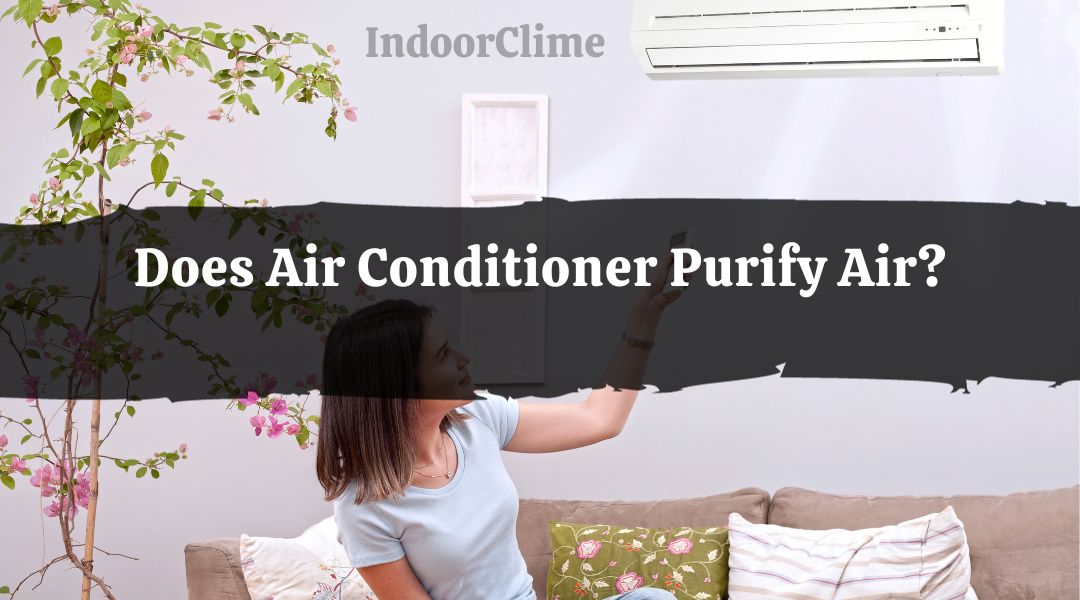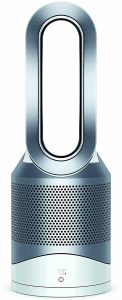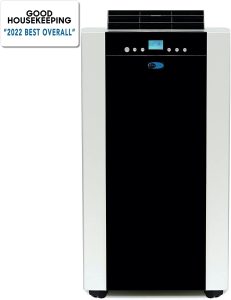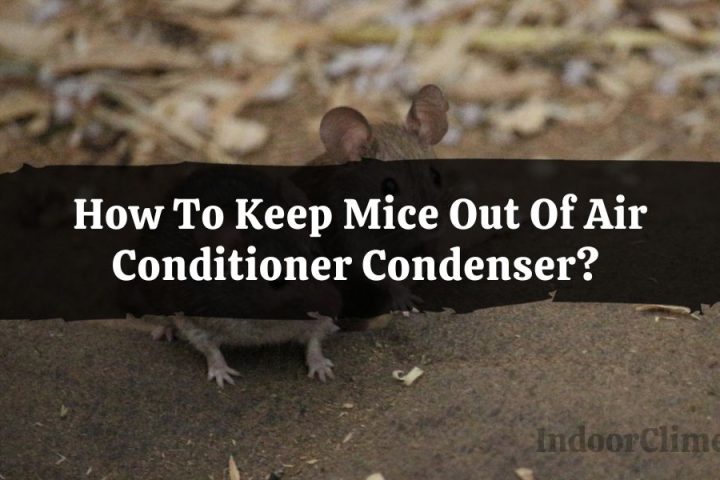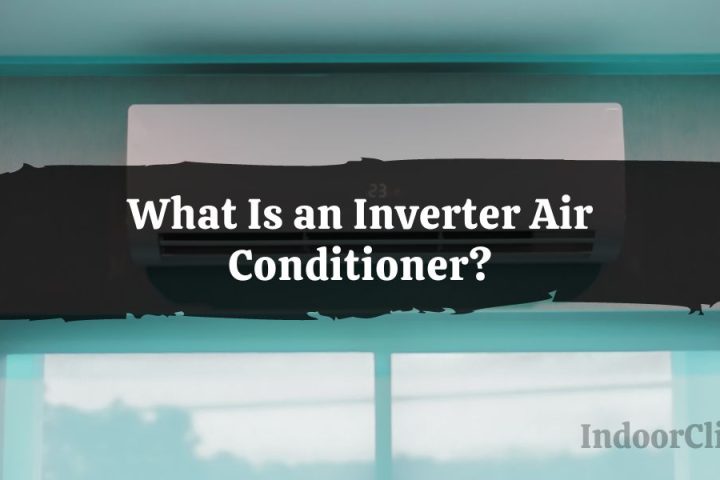When rooms are closed for heating and cooling, pollution circulates. As a result, air purification is required while cooling and heating using an air conditioner.
This is a prevalent concern among those considering purchasing an air conditioner.
The air conditioner may clean the air, but it cannot filter it. It can, however, remove some poisons.
This article has presented the basic information you need about your air conditioning system to obtain the comfort you deserve from a heating and cooling environment while also breathing in filtered and clean air.
Does Air Conditioner Purify Air?
Yes.
Air conditioners help to filter the air to some extent. However, the primary function of an air conditioner is not to filter the air.
These devices’ filters will not collect the tiny particles that contaminate the air around you as an air purifier will.
Dust, smoke, pollen, germs, viruses, mold, mildew, fungus, pathogens, and other airborne particles are absent in our air. This is accomplished by utilizing a filter to separate the particles from the air.
Allergens such as cigarette smoke, dust particles, pollen, chemicals, and other foreign particles are also eliminated by air conditioning.
They will be removed by an air conditioner, either absorbing them in a water-based solution or releasing them back into the room and filtering them again.
Air conditioning employs a variety of filters that not only keep dust, pollen, germs, and other pollutants out of the air but also remove residues of oils.
Air conditioning makes the room livable and opens it to fresh air while keeping out all the contaminants. It also keeps the room cool since it pulls in cool air.
Humidifiers are built inside air conditioners to absorb moisture from the room and the surrounding environment. Similarly, air conditioning has been shown to improve air quality and reduce allergy symptoms.
All of this is made possible by using the greatest air conditioners on the market.
Air Purifier vs. Air Conditioner
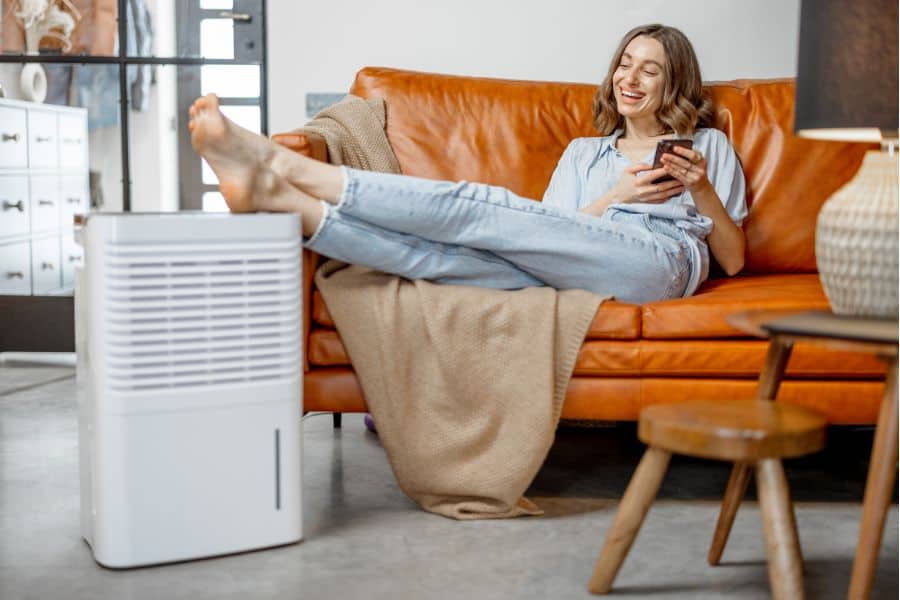
The distinction between an air purifier and an air conditioner is that the former removes impurities from the air while the latter cools it.
Air conditioners and air purifiers are not designed to filter or cool the air. An air purifier and an air conditioner serve various functions in the home.
Air purifiers are mostly used for health purposes. An air purifier aids in the removal of pollutants that might cause health problems in your room, such as dust, smoking, bacteria, and other contaminants.
Air conditioning, often known as air conditioners, is primarily used for comfort. They make certain that heated air or heat is replaced with colder air.
Unfortunately, the air conditioning unit has been misinterpreted as a cleaning system, which it is not.
Is There AC and Air Purifier Combo Available?
There are several AC and Air Purifier Combo available on the market. Combining an air conditioner with an air purifier is an excellent method to address your home’s air quality and cooling requirements.
However, locating an air conditioner with a HEPA filter unit that serves as both an air purifier and an air conditioner (AC unit) might be challenging.
While air conditioners and air purifiers perform separate duties, some manufacturers have merged them and placed them in a single unit. This implies you may get cold and clean air from a single product.
Here are some of the best AC and Air Purifier Combos:
1. Dyson HP01
Our top pick is the Dyson HP01 space heater and air purifier. This equipment allows you to air condition your living space to the temperature you choose while also aiding in eliminating any contaminants in the air.
Its HEPA filter captures 99.97% of airborne contaminants as small as 0.3 microns. This means that pollutants like dust, mildew, dander, gases, smoking, pathogens, and so on have no place in the home.
2. Whynter Arc-14s
This portable air conditioner is an air purifier with a 14,000 BTU rating. It has a large surface area and can easily cool an area of 500 square feet.
It also has a three-speed fan and dehumidifying capability. The Whynter Arc-14s is an air conditioner and air purifier combo that includes a high-quality activated carbon filter and a pre-filter.
Furthermore, its twin hose design makes it excellent for individuals looking for a gadget that can quickly regulate the temperature.
3. COSTWAY
Costway may function as a chiller, heater, dehumidifier, and air purifier. With three fan speeds, you can be sure to get the most out of this gadget.
Aside from good temperature management, the device detects and cleans air contaminants, effectively sterilizing the air you breathe. It aids in the removal of most air impurities such as dust, pollen, pet dander, odor, and smoking.
Does AC Improve Air Quality?
Yes. To lower relative humidity, air conditioners clean the air. Condensation can occur when the relative humidity is less than 30% and will eventually be released as waste heat.
Condensation is avoided when the relative humidity is high, which is healthier for the environment.
Does AC Increase Oxygen?
No, air conditioners do not generate any oxygen. Therefore, the air conditioner produces no oxygen.
On the other hand, a duct may be used by an air conditioner to bring in fresh air or outside air while simultaneously giving oxygen to a room or structure.
Residential air conditioners seldom require fresh air, whereas commercial building air conditioning systems almost always do.
The purpose of an air conditioner is not to produce oxygen on its own. Depending on the kind, some air conditioners can be connected to a duct to supply fresh air or outdoor air into a room or building.
Some air conditioners, such as those mounted on the wall, are not designed to draw in outside air or fresh air. Instead, they only recirculate air inside a specific room or place.
Does AC Help Ventilate a Room?
The vast majority of wall or window unit air conditioning systems lack ventilation. They are intended to lower the temperature and humidity of the air by recirculating indoor air.
Open windows for a few minutes per hour while utilizing a wall or window unit air conditioning system to bring fresh air from outside.

